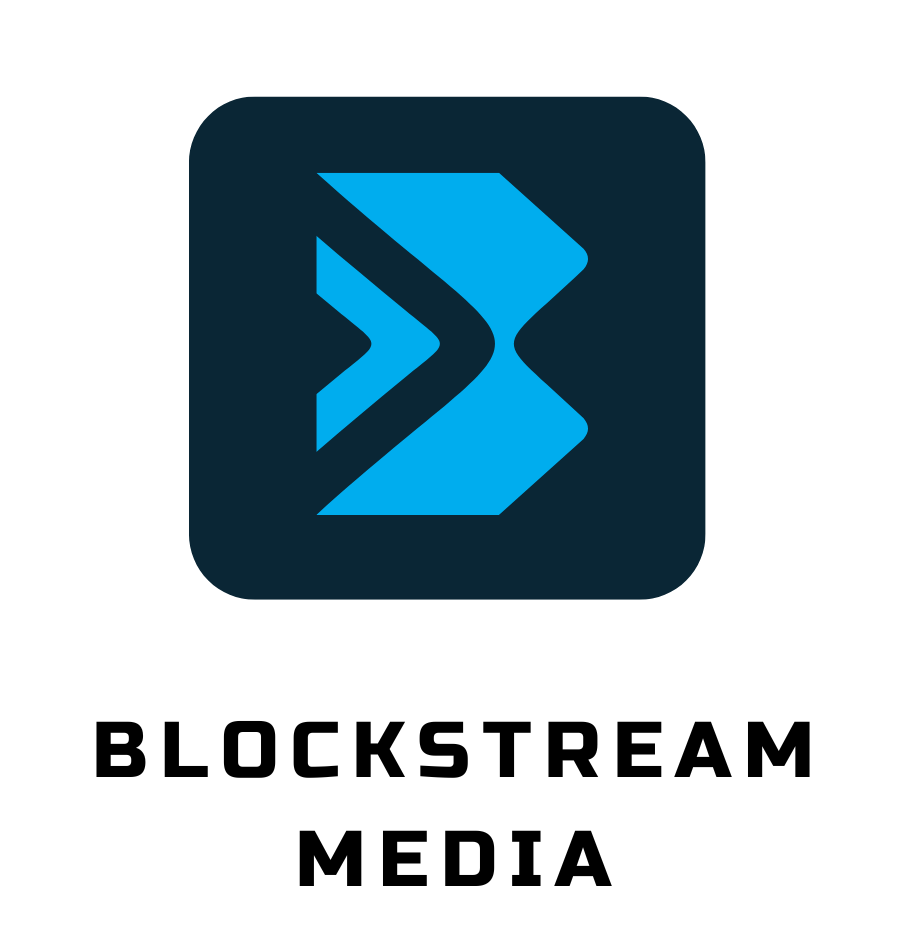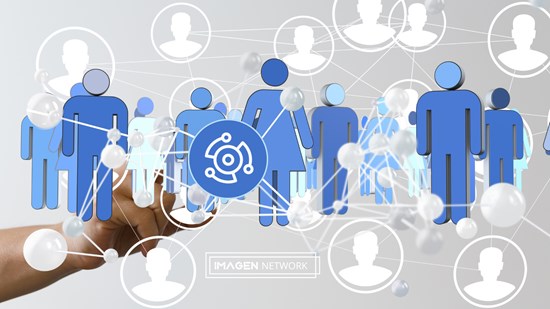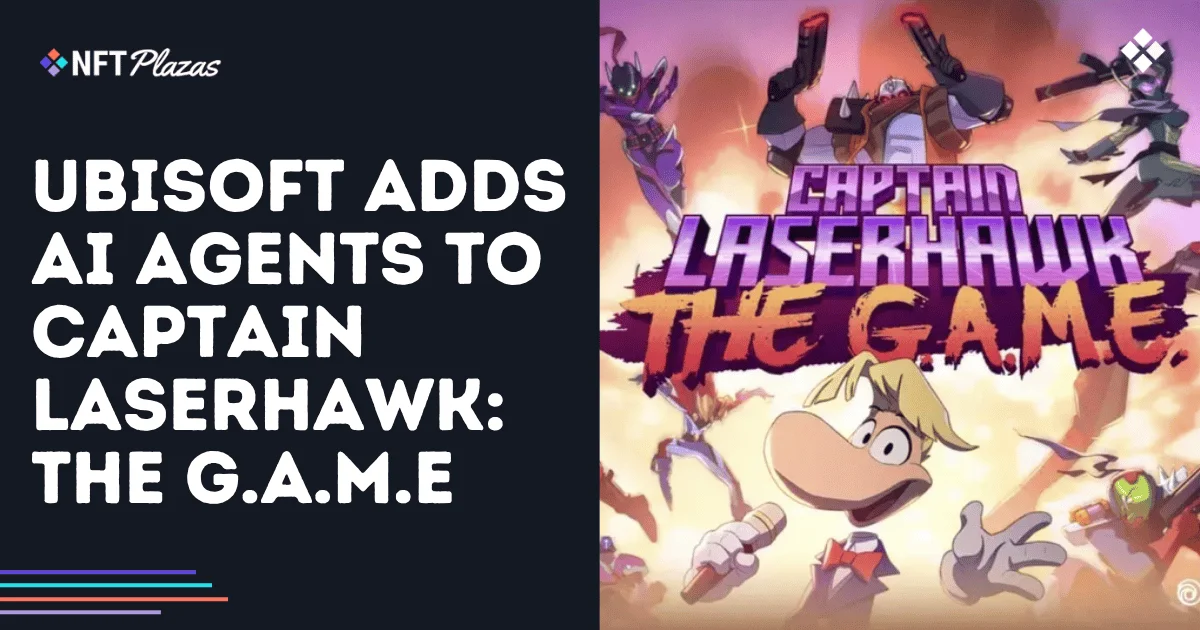Ubisoft is expanding its use of AI in gaming by adding autonomous AI agents to its blockchain-based title Captain Laserhawk: The G.A.M.E. The update introduces agents that can participate in governance by analysing proposals and casting votes on behalf of players. These decisions are recorded on-chain, and each AI operates based on a set of traits linked to NFT metadata.
The game is tied to a collection of 10,000 NFT characters known as Niji Warriors with each now connected to an AI agent developed in collaboration with French firm LibertAI. Whilst players retain the option to vote themselves, the system enables gameplay to continue autonomously when players are inactive.
Ubisoft presented the feature at the Ethereum Community Conference (ETHCC) in Paris, describing it as part of an ongoing experiment with AI-assisted governance in interactive environments.
Key Insights
- Ubisoft has introduced AI agents into Captain Laserhawk: The G.A.M.E.
- Each AI agent is tied to a unique Niji Warrior NFT and can vote autonomously
- Players may override AI decisions or let agents act based on predefined personality traits
- All actions and memory states are logged on Aleph Cloud for transparency and auditability

 Source: Captain Laserhawk: The G.A.M.E.
Source: Captain Laserhawk: The G.A.M.E.What can we expect from these AI agents?
The AI agents are designed to act on behalf of players, particularly in governance-related gameplay. Each agent can review proposals, decide how to vote, and explain its decision using predefined personality traits derived from the NFT’s metadata—such as profession, values, and temperament.
The system logs decisions and player interaction history to shape how each agent behaves over time. If a player is inactive or uninterested in participating directly, their agent will act independently but within the limits of its assigned persona. This ensures continuity in the game world without requiring constant input.
Although players may choose to engage directly, Ubisoft says the option to rely on AI is a core feature of the design. The AI model can also interpret player intent during gameplay. For example, players unfamiliar with specific mechanics—like hacking sequences—can input general commands, and the AI will adapt the challenge or guide the player through it.

 Source: Captain Laserhawk: The G.A.M.E.
Source: Captain Laserhawk: The G.A.M.E.What’s next for Captain Laserhawk: The G.A.M.E?
In July, Ubisoft will roll out the game’s new text-based governance component, expanding its blockchain experiment beyond the existing shooter. Both elements will continue to use the same Niji Warrior NFTs, linking combat performance and player decisions to how the AI agents behave in the governance layer.
The company says that future game outcomes may depend more heavily on the collective actions of these AI agents. Developers are exploring how player behaviour in the shooter could influence decision-making in the governance system, creating feedback loops across the two parts of the game.
Ubisoft has also emphasised that its AI models have been moderated to reduce risk and prevent the generation of harmful content. Unlike other AI gaming features that have resulted in unintended behaviour, Captain Laserhawk’s agents are confined to each user’s environment and cannot affect others.
As the game evolves, Ubisoft says it will continue observing how players interact with AI systems in shared digital spaces—particularly in settings where both autonomy and accountability are central to the experience.







